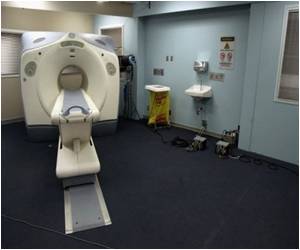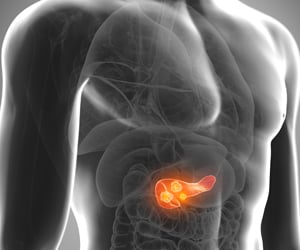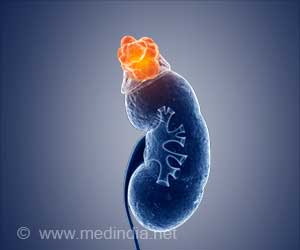Research groups debuted their latest progress in precision prevention to predict the risk of colorectal cancer that integrates genetic, lifestyle and environmental risk factors.

TOP INSIGHT
Colorectal cancer is the second leading cause of cancer-related deaths. However, the disease is preventable if detected in the precancerous stages.
This research is not yet ready to move into clinical practice, said Fred Hutch epidemiologist Dr. Ulrike "Riki" Peters, one of the study authors. But it's the first attempt at combining so many different areas of colorectal cancer risk into one convenient risk predictor.
Current risk stratification methods for colorectal cancer screening recommendations are relatively crude, based on age and family history alone. No family history of the disease? Start colonoscopies at age 50. Have an immediate relative who had colorectal cancer? Screen at age 40.
But these methods are likely missing many at risk, Peters said. Eighty percent of those with colorectal cancer have no known family history. And, unlike some, it's a cancer where screening and prevention are tightly linked - colonoscopies can catch premalignant lesions, and if those lesions are removed, the patient is spared from ever developing cancer.
"That is a unique aspect of colorectal cancer," Peters said.
"At the end, what we want to do is prevent disease given limited resources," said Dr. Jihyoun Jeon, a biostatistician at the University of Michigan who presented the risk prediction model in a poster at the AACR meeting. "We want to save resources but also, prevent as much [disease] as possible."
The model incorporates 19 known environmental and lifestyle risk factors for the disease, as well as 64 common genetic risk factors.
Peters and her colleagues have been working for years to identify the genetics behind colorectal cancer. It was always her goal to use that information to improve risk predictions, she said, but it's only recently that the team has amassed enough links between genes and disease to be able to work on the precision prevention piece of the puzzle.
Source-Newswise
 MEDINDIA
MEDINDIA




 Email
Email










